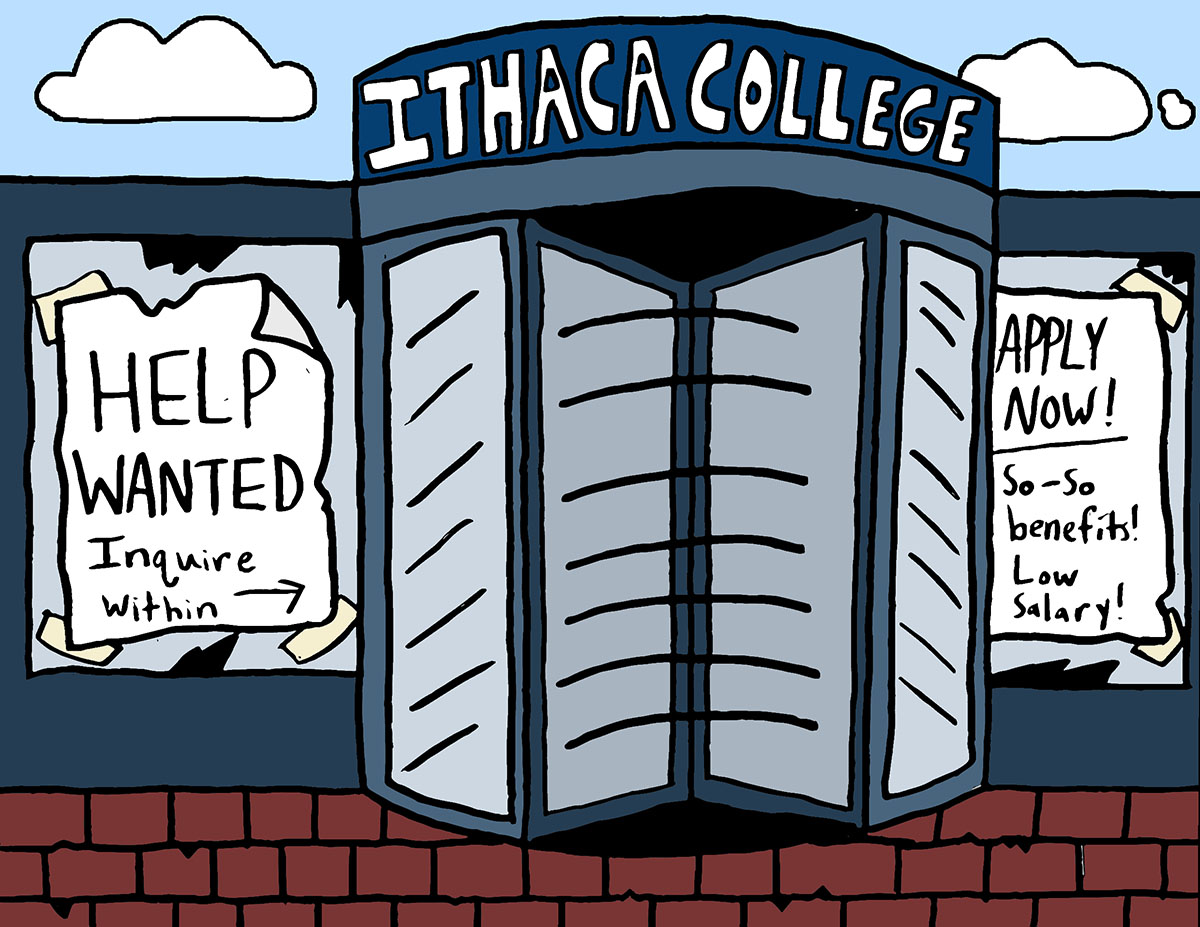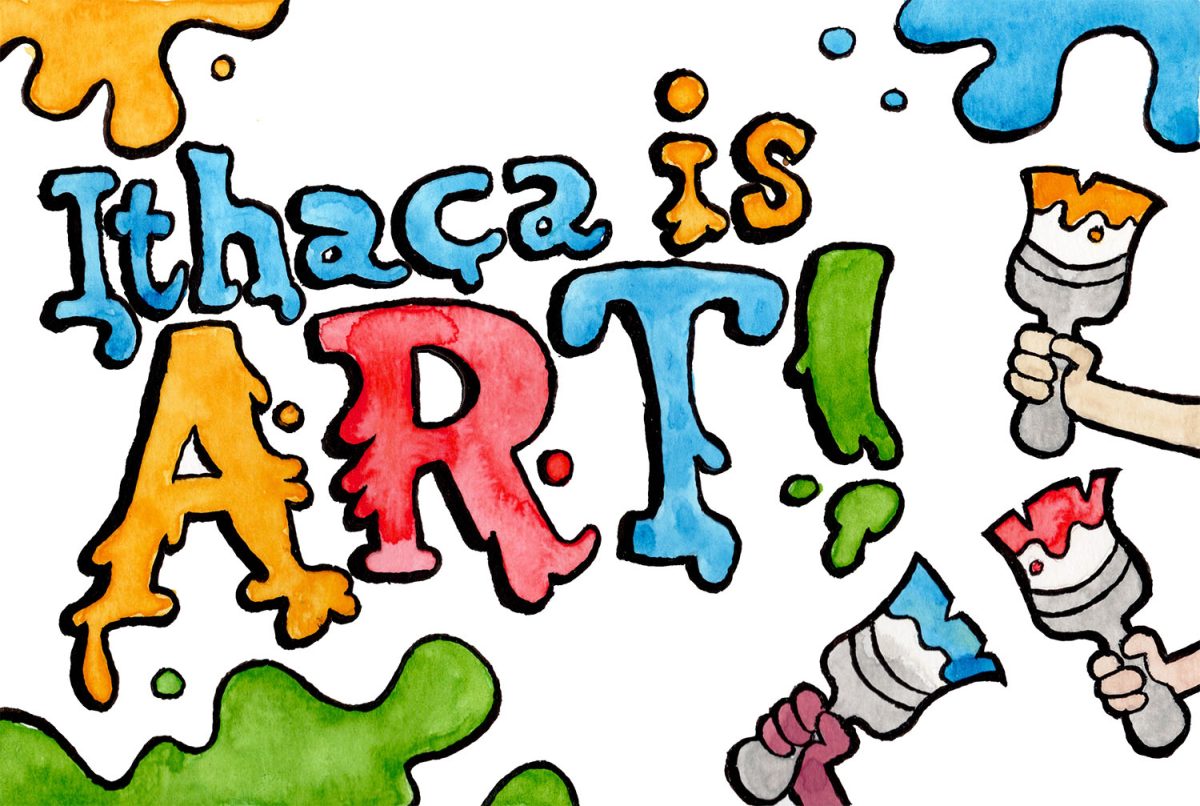- Somewhere in Cayuga Lake
- Ithaca community leaves its mark at inaugural Mural Jam festival
- Ithaca College students train future guide dogs
- Taylor Swift’s ‘The Life of a Showgirl’ balances cringe, craft and cultural commentary
- Men's soccer continues midseason slump against Hobart
- 'Eleanor the Great' bridges generational gaps
- Deja View – "Batman" Movies
- The fourth annual Heritage Fiesta celebrates culture downtown
- Volleyball shuts out Hartwick amidst personal milestone
- IC's bands revitalize Ithaca's local music scene
54°
Ithaca, NY









